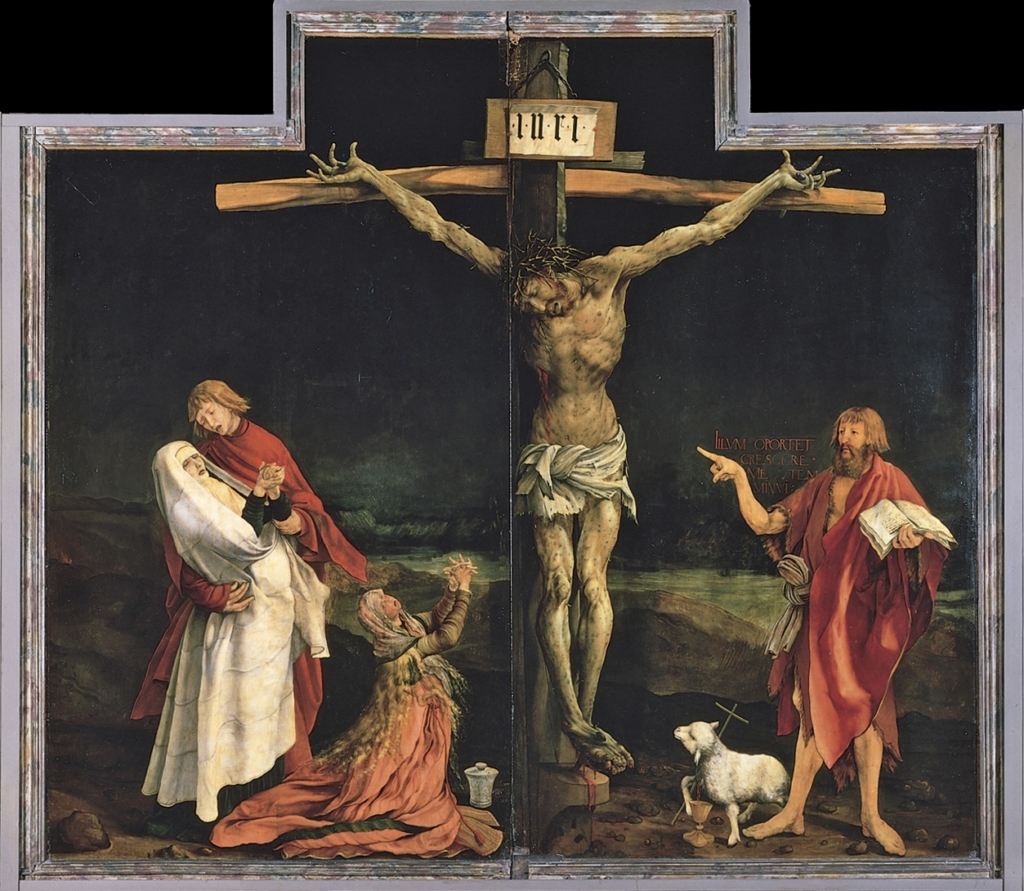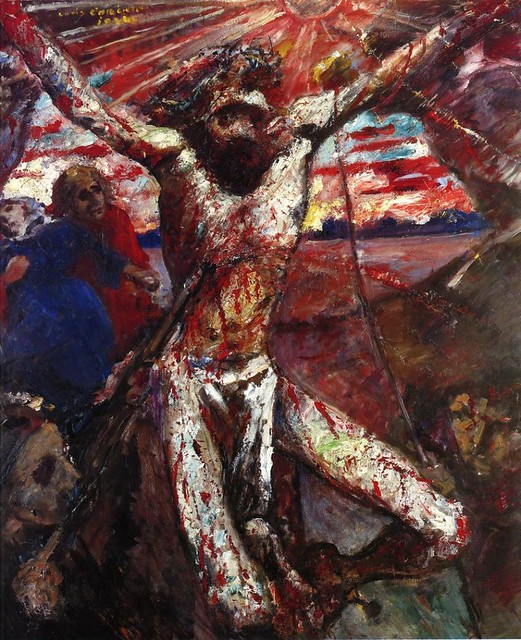The Singularity of Good Friday

The Singularity of Good Friday
Brian Zahnd
The dripping blood our only drink,
The bloody flesh our only food:
In spite of which we like to think
That we are sound, substantial flesh and blood—
Again, in spite of that, we call this Friday good.
–T.S. Eliot
Most of us have an instinct to associate Good Friday with the forgiveness of sins and this instinct is correct. Something did happen on Good Friday that makes the forgiveness of any and all sins possible. But how does this forgiveness actually work? St. Paul says, “Christ died for our sins in accordance with the scriptures.” But what does this mean? Did Christ’s death somehow restore honor to an insulted omnipotent monarch as some have suggested? Is the crucifixion a ghastly appeasement of an offended deity through the torture and execution of an innocent victim? On Good Friday did God vent his anger by brutally killing his Son so he could finally find the wherewithal to forgive? Are we to imagine that John 3:16 actually means that God so hated the world that he killed his only begotten Son? No, imposing the primitive notion of a sacrificial appeasement upon the cross is what N.T. Wright describes as “the paganizing of atonement theology.” The events of Good Friday are not God punishing his Son. Regarding this mistake understanding of the cross, Wright says,
“If we arrive at that conclusion, we know that we have not just made a trivial mistake that could be easily corrected, but a major blunder. We have portrayed God not as the generous Creator, the loving Father, but as an angry despot. That idea belongs not to the biblical picture of God, but with pagan beliefs.” (The Day the Revolution Began, p. 43)
Read more


